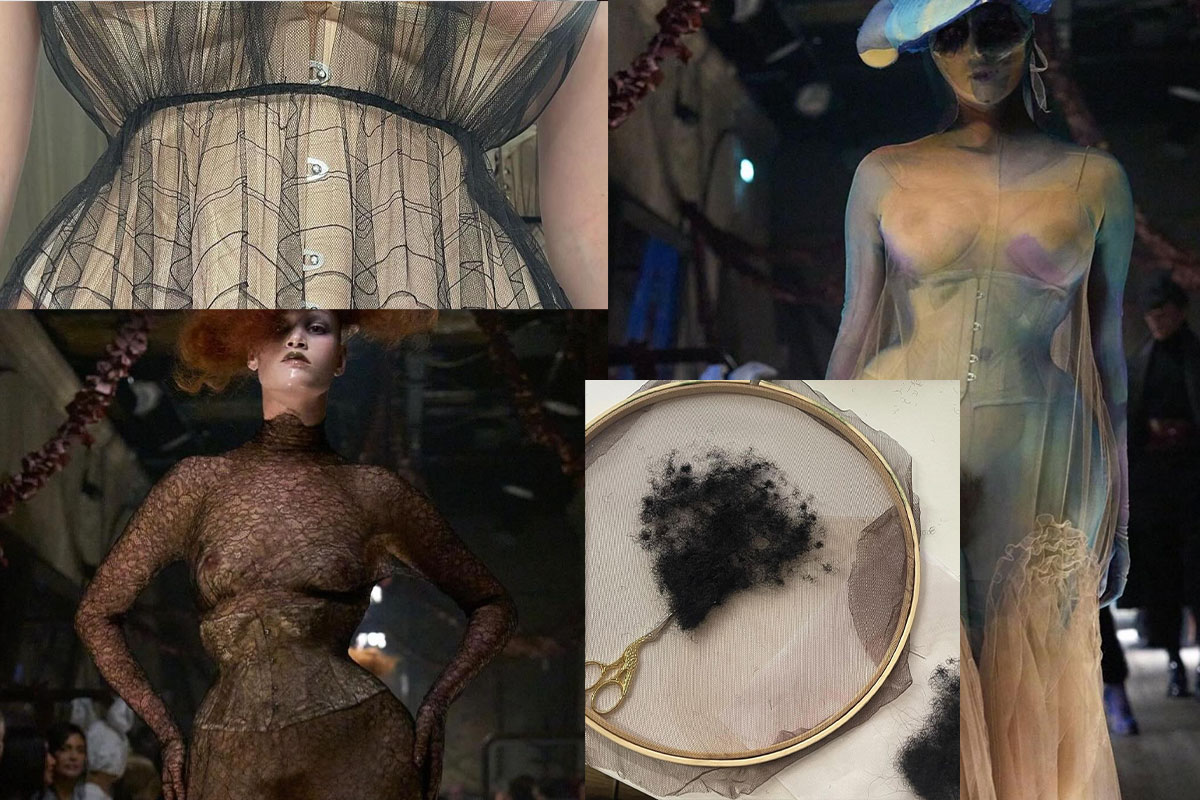
It can be a bit of a minefield deciphering the entire list of ingredients on the back of every hair care and beauty product we purchase, especially with chemicals and compounds we’ve never heard of. Like Polyquats… what the heck is a Polyquat? Do I really need to know?
Well, it’s not a fruit!
Polyquats - also known as Polyquaternium – were introduced in the 1960s and have been an integral part of haircare ever since. They are a type of polymer that is most commonly used as a conditioning agent in hair care. Typically found in your shampoo, conditioners and styling products, polyquats are in there keeping your hair silky smooth, under control in the wild wind or hair-swelling humidity, and making sure unwanted frizz and flyaways are non-existent.
WHAT DO THEY DO?
Polyquats are cationic polymers; positively charged, they stick themselves to the most damaged areas of the hair – which is negatively charged - smoothing it all out, helping cuticles lie flat. Along with conditioning the hair, they promote shine, reduce knots and tangles and improve elasticity.
There are 37 chemically different types of Polyquaterniums to be exact, and of those 37, there are 2 you will see more than others frequenting the back of your bottles in that minuscule text: Polyquaternium-7 and Polyquaternium-10 (the number of which has been assigned in the order in which they have been registered). These are synthetic-organic or nature-modified polyquats, cationic compounds that are dynamic in use and found in a wide range of products.
POLYQUATERNIUM-7
Polyquaternium-7 is most commonly found in your shampoo and leave-in conditioners, it is known for deep conditioning, smoothing and as an anti-static agent.
Polyquaternium-7 is usually found in products that require surfactants, like shampoos where it acts as a stabilizer to strengthen and thicken the foaming agents.
Do you want smooth hair? Well, it's the reason your hair is so soft, shiny and silky after you condition. Polyquaternium-7 will also work hard to detangle knots and prevent hair breakage 🙏🏼 Ideal for curls, kinks and coils. It is also found in leave-in conditioners, used to provide volume by adding lift at the roots.
Widely used for its anti-static properties, it forms a thin film around the hair shaft to prevent the build-up of static electricity - which prevents frizz. YAY! The thin film it creates also helps your styling gels, mousses and hair spray to hold the style, even when it’s humid.
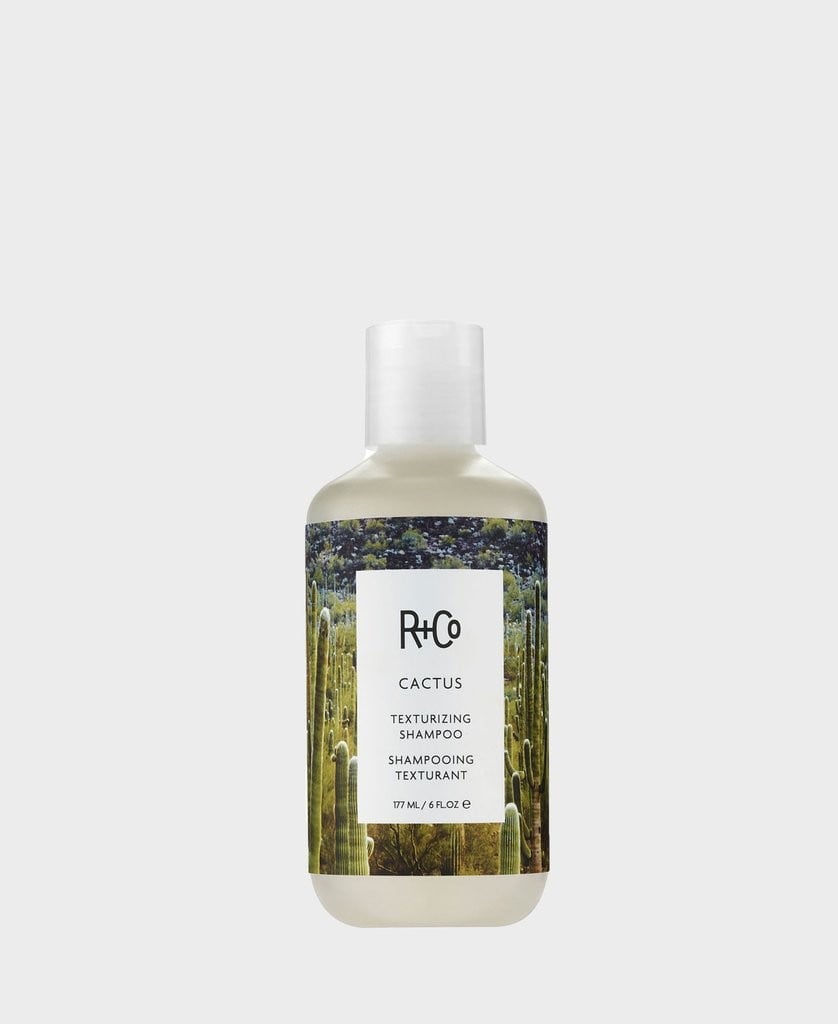
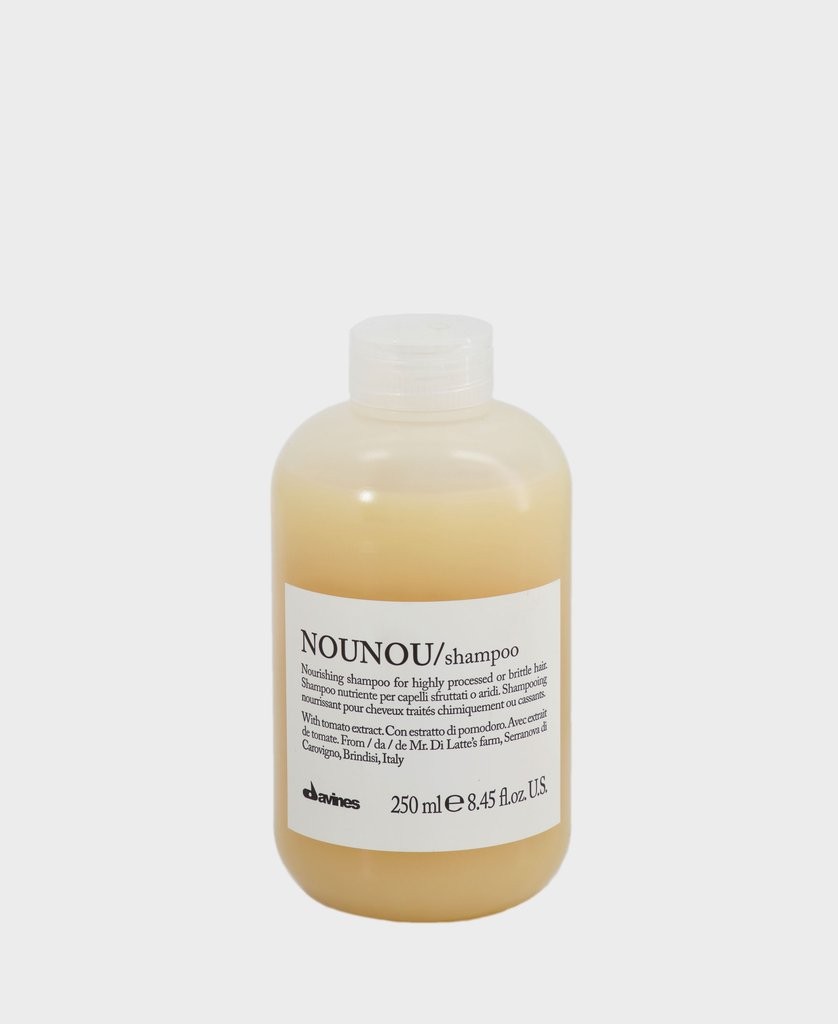
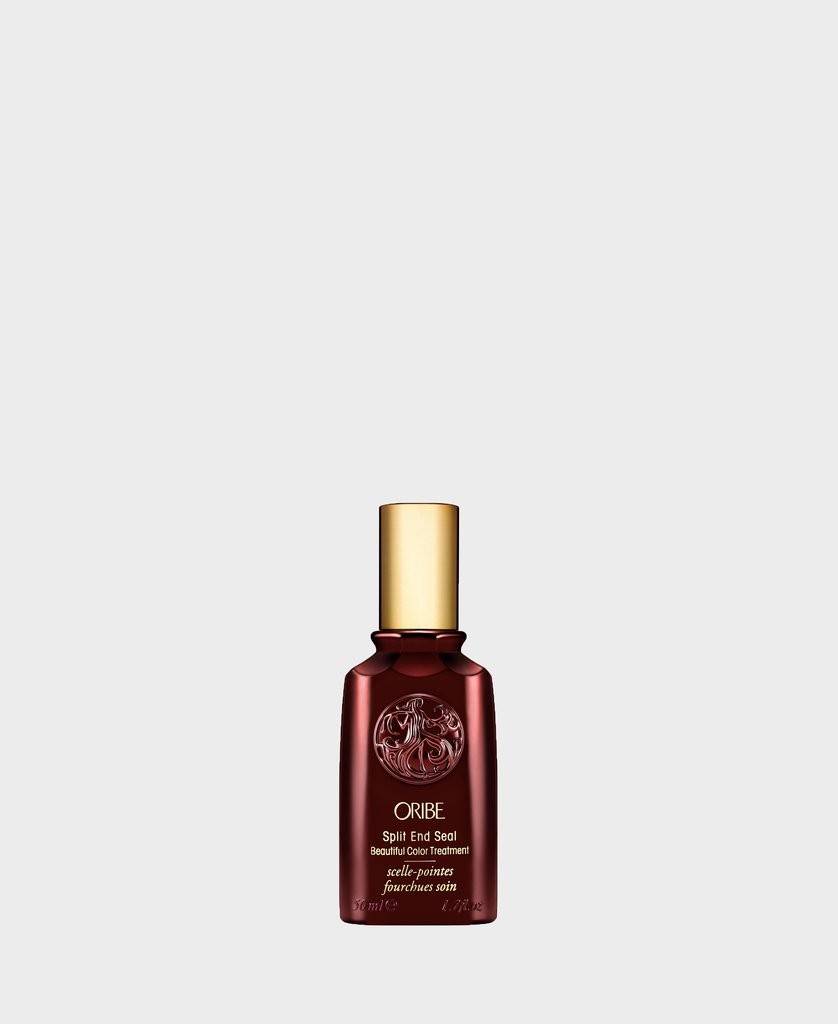
POLYQUATERNIUM-10
Polyquaternium-10 also known as Cellulose is derived from wood or cotton and modified. The multi-tasker is best known for the anti-static, conditioning, and volume-enhancing effects it has on the hair, most commonly used in products such as conditioning shampoo, conditioner, and curl cream.
Acting as a hair conditioning agent, Polyquaternium-10 boosts natural shine to the hair, increases volume and improves the texture by reducing damage caused by hot tools and chemical treatments. It improves overall hair manageability and provides definition to curls.
It forms a thin layer of film over the hair shaft and protects hair from environmental baddies such as; pollution and UV rays. This film also keeps your hair lookin’ glossy.
The antistatic agent reduces the static electricity generated by neutralizing the electrical charge on the surface. Combing wet hair is a breeze and tangles are no longer.
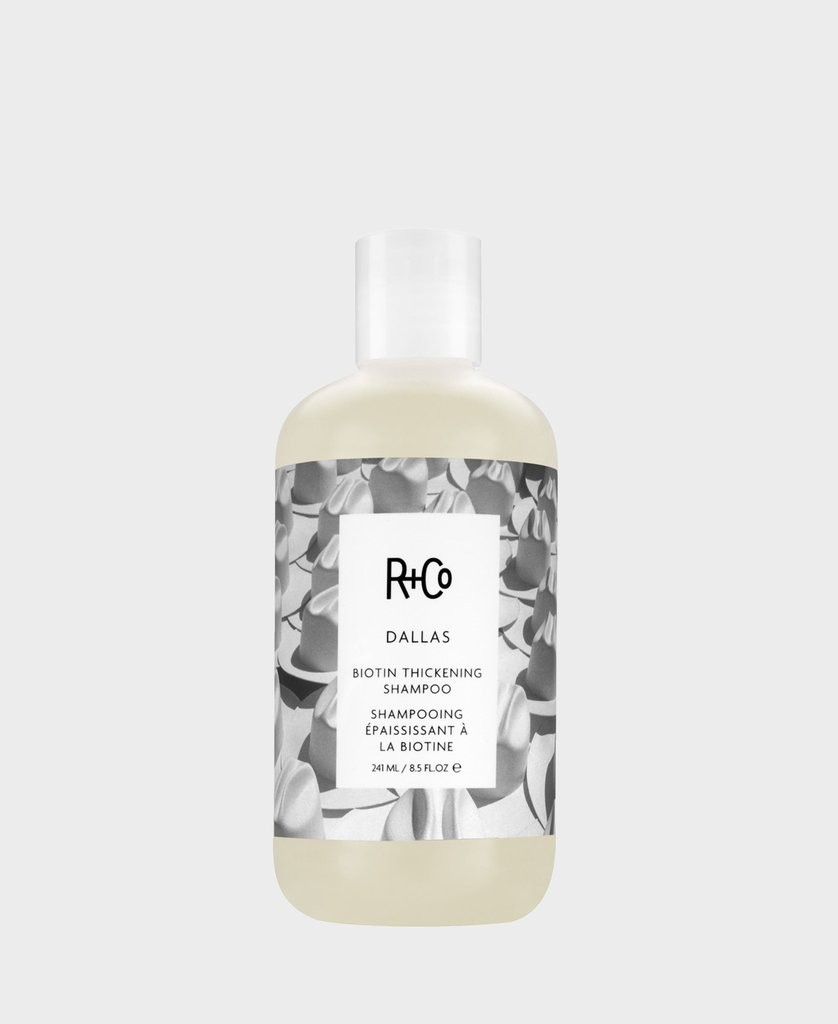
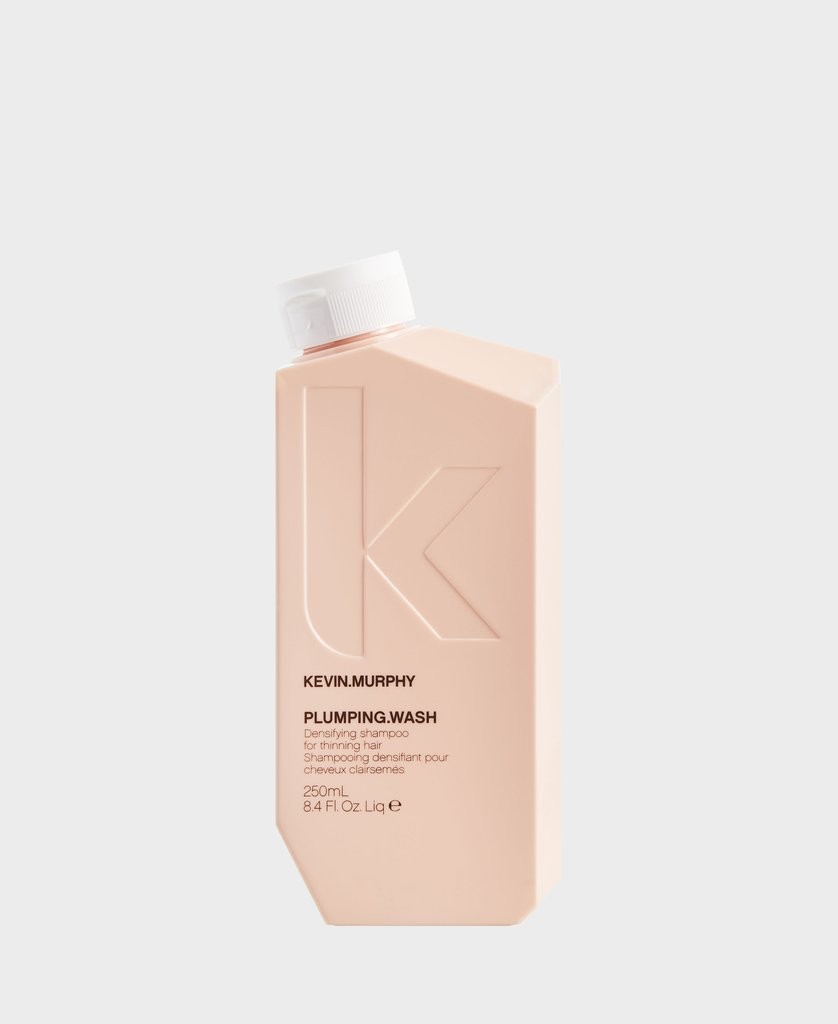
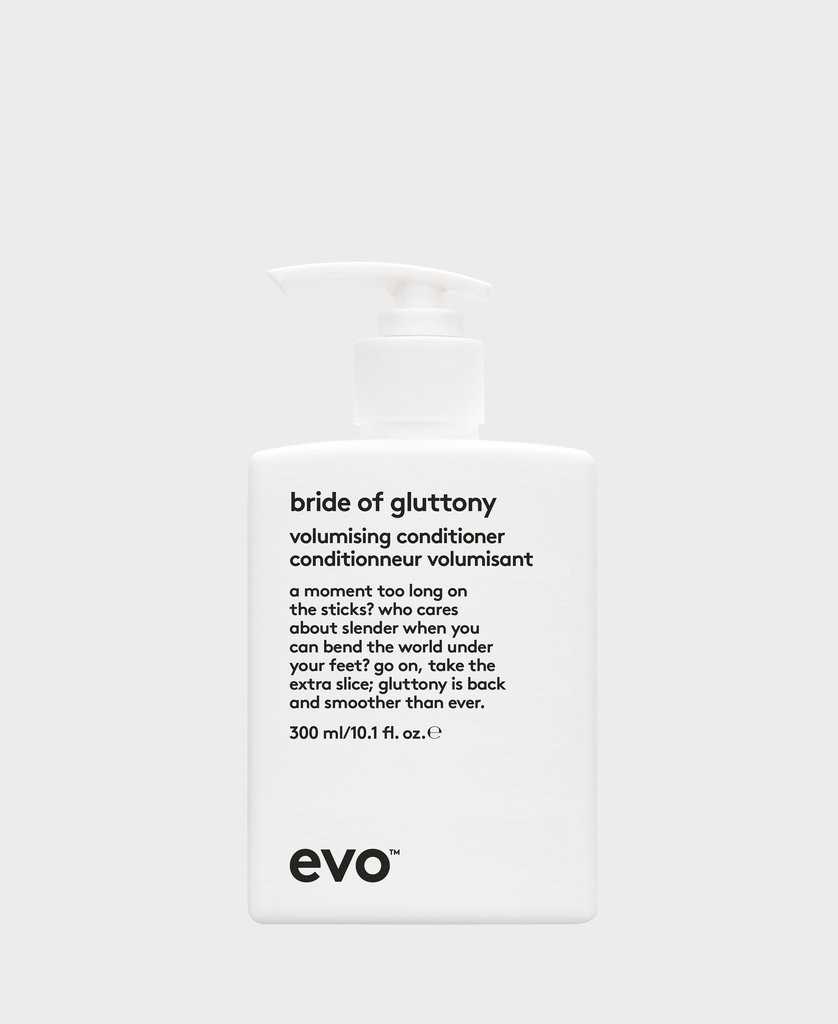
FAQ
Are Polyquaterniums bad for my hair?
According to the Cosmetic Ingredient Review - Polyquaternium-7 and Polyquaternium-10 are safe as used in cosmetics and personal care products.
Are they silicones?
No, these polymers are not silicones. Polyquats are film-forming by nature, which means they will effectively coat the hair - blocking humidity, preventing frizz, and providing curl defining/retention.
Can you use them on all hair types?
You can use both Polyquaternium 7 and 10 on all hair types. However, like with most things, these are best not used in excess as they might build up on the hair, everyone is different so it’s best to try it out and see if it works for you.
References
https://cosmeticsinfo.org/ingredient/polyquaternium-10-0
https://cosmeticsinfo.org/polymers
https://www.lookchem.com/product_Polyquaternium-7
https://www.lookchem.com/product_Polyquaternium-10
https://chemistscorner.com/what-is-polyquaternium/
